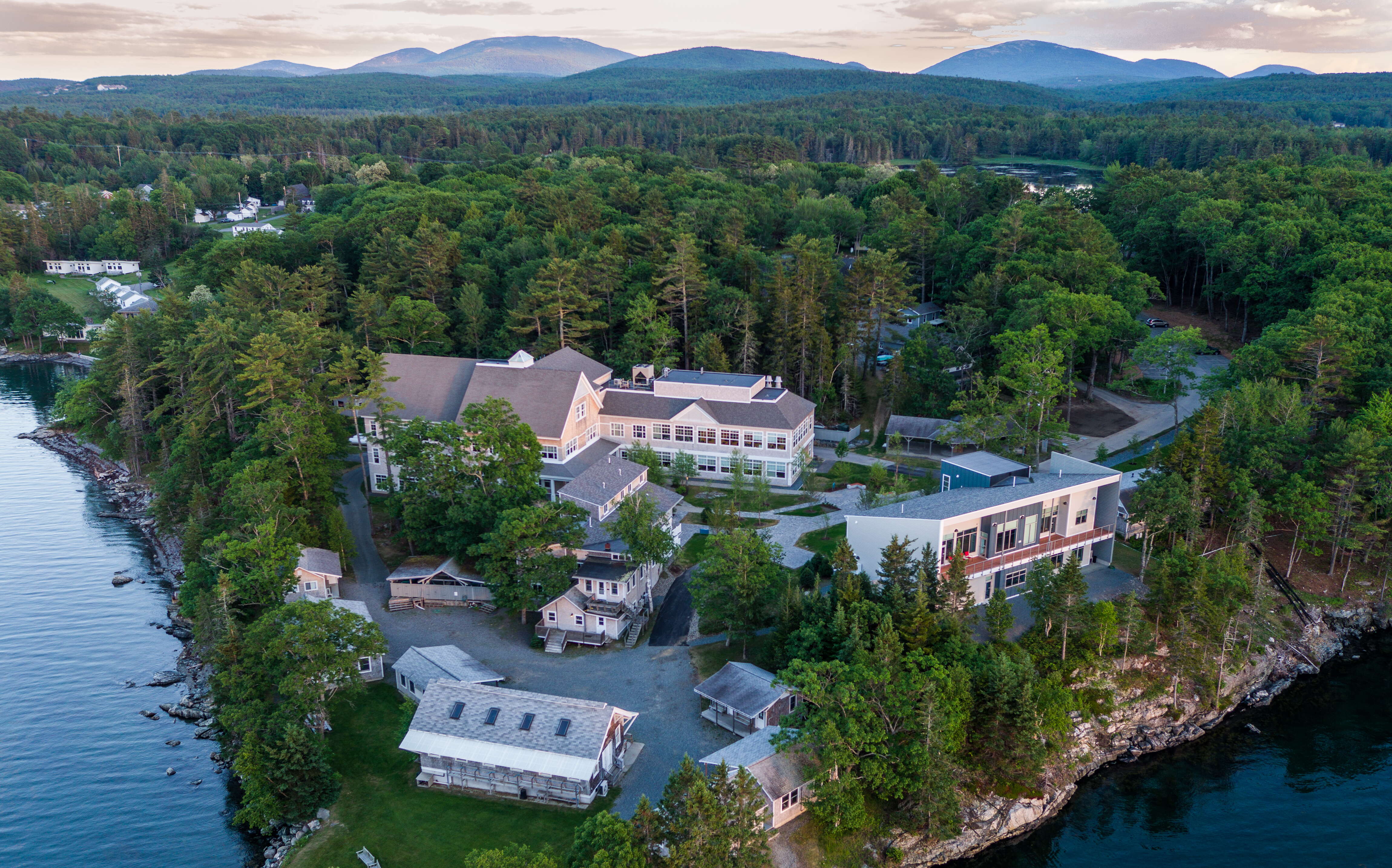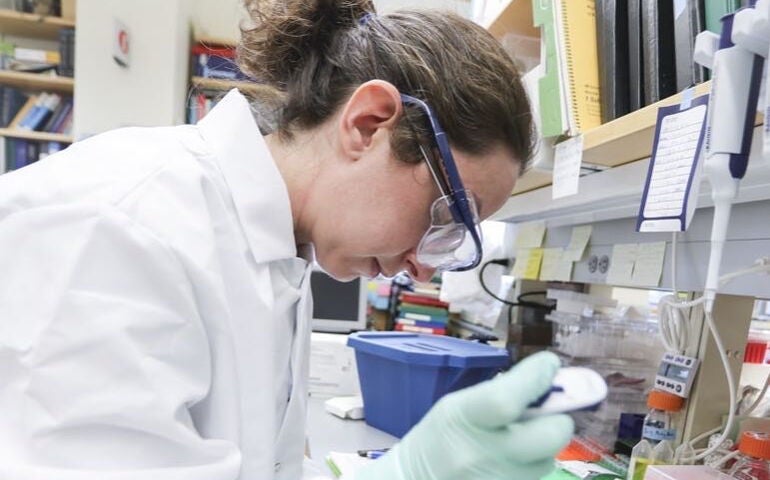
Processing Your Payment
Please do not leave this page until complete. This can take a few moments.
- News
-
Editions
-
- Lists
-
Viewpoints
-
Our Events
-
Event Info
- Women's Leadership Forum 2025
- On the Road with Mainebiz in Bethel
- Health Care Forum 2025
- On The Road with Mainebiz in Greenville
- On The Road with Mainebiz in Waterville
- Small Business Forum 2025
- Outstanding Women in Business Reception 2025
- On The Road with Mainebiz in Bath
- 60 Ideas in 60 Minutes Portland 2025
- 40 Under 40 Awards Reception 2025
- On The Road with Mainebiz in Lewiston / Auburn
- 60 Ideas in 60 Minutes Bangor 2025
Award Honorees
- 2025 Business Leaders of the Year
- 2024 Women to Watch Honorees
- 2024 Business Leaders of the Year
- 2023 NextUp: 40 Under 40 Honorees
- 2023 Women to Watch Honorees
- 2023 Business Leaders of the Year
- 2022 NextUp: 40 Under 40 Honorees
- 2022 Women to Watch Honorees
- 2022 Business Leaders of the Year
-
-
Calendar
-
Biz Marketplace
- News
-
Editions
View Digital Editions
Biweekly Issues
- April 21, 2025 Edition
- April 7, 2025
- March 24, 2025
- March 10, 2025
- Feb. 24, 2025
- Feb. 10, 2025
- + More
Special Editions
- Lists
- Viewpoints
-
Our Events
Event Info
- View all Events
- Women's Leadership Forum 2025
- On the Road with Mainebiz in Bethel
- Health Care Forum 2025
- On The Road with Mainebiz in Greenville
- On The Road with Mainebiz in Waterville
- + More
Award Honorees
- 2025 Business Leaders of the Year
- 2024 Women to Watch Honorees
- 2024 Business Leaders of the Year
- 2023 NextUp: 40 Under 40 Honorees
- 2023 Women to Watch Honorees
- 2023 Business Leaders of the Year
- + More
- 2022 NextUp: 40 Under 40 Honorees
- 2022 Women to Watch Honorees
- 2022 Business Leaders of the Year
- Nomination Forms
- Calendar
- Biz Marketplace
Bar Harbor’s 2 scientific research labs approved for $9.6M in federal money
 Courtesy / The Jackson Laboratory
The Jackson Laboratory was approved for $8 million toward construction of a facility dedicated to rare disease research and therapy development.
Courtesy / The Jackson Laboratory
The Jackson Laboratory was approved for $8 million toward construction of a facility dedicated to rare disease research and therapy development.
Congress this week approved a total of $9.6 million in funding for two prominent scientific institutions headquartered in Bar Harbor — the Jackson Laboratory and MDI Biological Laboratory.
The money was included in the FY24 Labor, Health and Human Services and Education Appropriations Bill, which goes soon to the president for his signature.
Jackson Lab
At Jackson Lab, $8 million will go toward construction of a modern, two-floor facility dedicated to research of rare diseases and the development of new therapies to treat them.
The Orphan Drug Act of 1983 defines a rare disease as one that affects fewer than 200,000 people in the U.S., according to the lab. Yet all the various rare diseases have a significant combined impact, affecting 1 in 10 Americans and more than 350 million people worldwide.
For example, in collaboration with Ohio’s Nationwide Children’s Hospital, JAX is testing a gene therapy for PGAP3-congenital disorder of glycosylation, a rare disease that affects just 65 people worldwide, the majority of them children. Patients typically present with developmental delays, intellectual disabilities, weak muscle tone, seizures and spasms.
“The establishment of the Jackson Laboratory’s Rare Disease Translational Center will help provide these patients with an efficient path from diagnosis to therapy and enable them to lead fuller, healthier lives than was previously possible,” said Lon Cardon, the lab’s president and CEO.
MDI Bio Lab
MDI Biological Laboratory was approved for $1.6 million to improve and expand its research capabilities.
The 125-year-old, nonprofit lab is studying new approaches in regenerative medicine. According to the lab, it is identifying mechanisms that allow damaged tissues, organs and limbs to repair and regrow. Studying organisms in nature that regenerate naturally, such as zebrafish and salamanders, can help scientists understand the phenomenon and develop strategies to enhance human ability to repair or regenerate damaged tissues and slow degenerative changes that occur.

“These advanced biotechnologies hold game-changing potential for identifying beneficial medicines and weeding out those with unwanted side-effects, early in the drug development pipeline,” said Hermann Haller, the lab’s president. “That will avert late-stage failures that drive up the cost of pharmaceuticals for everyone.”
This project will support the lab’s efforts to construct an additional space and purchase related lab equipment to expand capacity for the development of emerging drug discovery technologies.














0 Comments